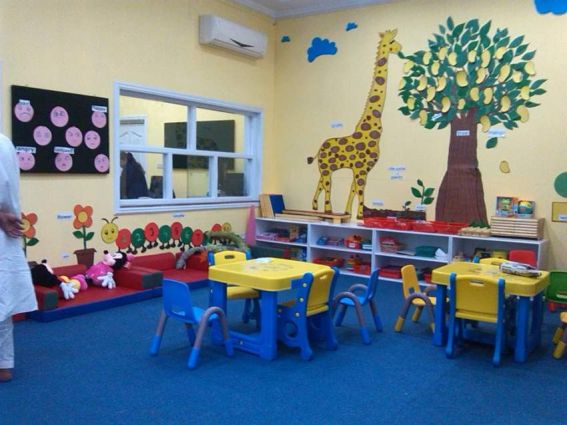
Managing Allergies and Dietary Restrictions in Daycare
Managing allergies and dietary restrictions in daycares near me in denver is crucial for ensuring the health and safety of children. With the rise in food allergies and special dietary needs among young children, daycare providers must implement effective strategies to accommodate these requirements. This blog post outlines best practices for managing allergies and dietary restrictions in daycare, focusing on communication, training, and safety measures.
Understanding Allergies and Dietary Restrictions
Common Allergies in Children
Food allergies are prevalent in young children, with common allergens including:
- Peanuts
- Tree nuts
- Dairy
- Eggs
- Wheat
- Soy
- Fish and shellfish
Children may also have dietary restrictions due to cultural or religious beliefs, or medical conditions requiring special diets. Understanding these needs is the first step in providing safe care.
Importance of Communication
Effective communication between parents and daycare staff is essential. Parents should provide detailed information about their child’s allergies and dietary restrictions during enrollment. This includes:
- A list of allergens and safe foods
- Symptoms of allergic reactions
- Emergency action plans, including medications like EpiPens
Regular updates and open lines of communication help ensure that any changes in dietary needs are promptly addressed.
Best Practices for Managing Allergies
Comprehensive Intake Forms
Daycare centers in denver should utilize comprehensive intake forms that collect information about allergies and dietary restrictions. These forms should include questions about:
- Known allergies
- Dietary preferences
- Emergency procedures for allergic reactions
This information helps staff prepare and plan meals accordingly.
Staff Training
Training staff on allergy management is vital. All daycare employees should be educated on:
- Recognizing allergic reactions
- Proper food handling to avoid cross-contamination
- Administering emergency medications
Regular training sessions can reinforce these practices and keep allergy awareness top of mind.
Safe Food Practices
To minimize the risk of allergic reactions, daycare providers should implement strict food safety protocols:
- Labeling: Clearly label all food items, especially those containing common allergens.
- Separate Preparation Areas: Designate specific areas for preparing meals for children with allergies to prevent cross-contamination.
- Monitoring Meal Times: Supervise meal times closely to ensure children consume only their designated foods.
Allergy-Friendly Menus
Creating a menu that accommodates various dietary restrictions is essential. Daycare providers should:
- Offer a variety of allergy-friendly snacks and meals.
- Work with nutritionists to ensure that meals are balanced and appealing.
- Consider prohibiting certain high-risk foods (like nuts) in the daycare setting to protect children with severe allergies.
Emergency Preparedness
Daycare centers near me in denver must have a clear plan for responding to allergic reactions. This includes:
- Having emergency medications readily available.
- Training staff on how to use these medications.
- Establishing protocols for emergency situations, including contacting parents and medical professionals if necessary.
Conclusion
Effectively managing allergies and dietary restrictions in daycare is essential for ensuring the safety and well-being of all children. By prioritizing clear communication, comprehensive staff training, and strict food safety practices, best daycares in USA can create a secure and inclusive environment. These proactive measures not only protect children with allergies but also build trust with parents, enhancing the daycare’s reputation and fostering a supportive community for every child.
Read: How to Assess Quality: What Sets Exceptional Daycares Apart




